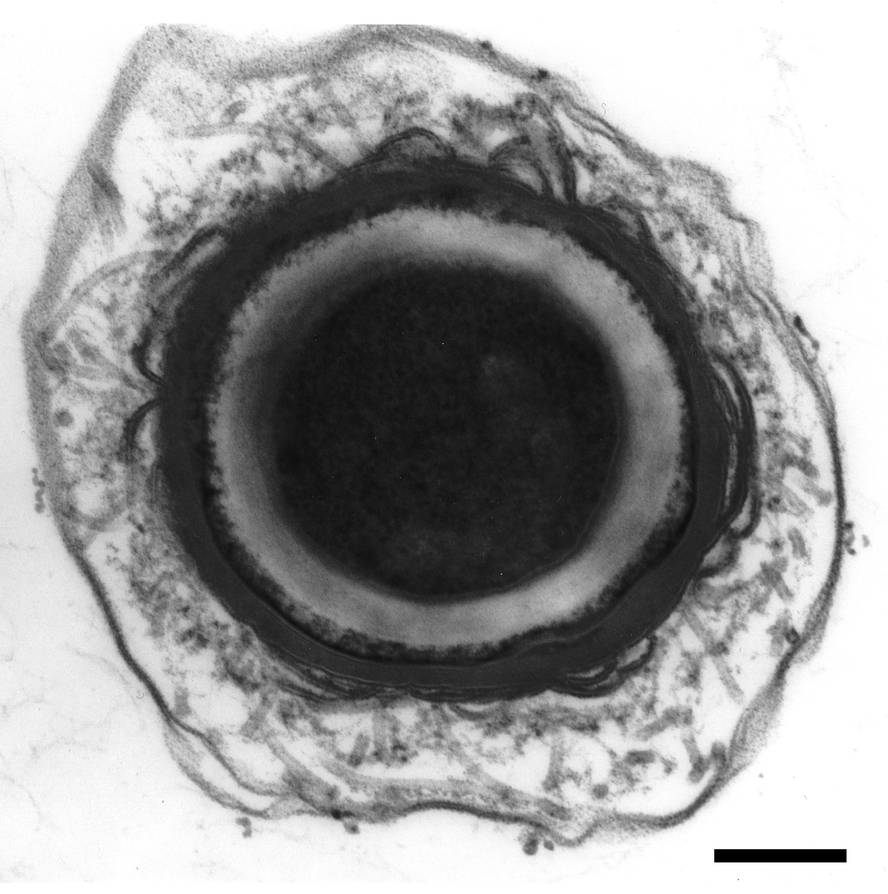Deepening the knowledge of botulinum toxin
The Norwich Food Research Institute (UK) has compared the genomes of five strains of the bacterium Clostridium botulinum to broaden the knowledge about the toxin causing botulism. Specifically, researchers have analyzed the group of genes that encode botulinum toxin, since they wanted to know how it has evolved.
One of the first findings was that the genomic fragment with neurotoxin information is very similar in the five strains. This suggests that the bacteria received all of the genes in a single transfer. In fact, in bacteria it is very common to exchange genes through the process called horizontal transfer.
In the same region with genetic information about botulinum toxin, researchers also found genetic information about two other toxins that are no longer functional. In view of this, they conclude that this region of the genome can be a “hot spot” for the exchange of genes.






